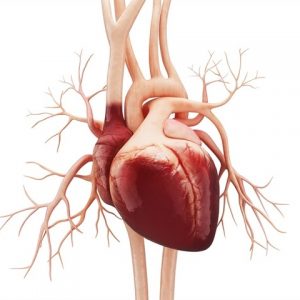

Critical Path Institute’s (C-Path) Data Collaboration Center (DCC) and the Friedreich’s Ataxia Research Alliance (FARA) today announced the launch of the Friedreich’s Ataxia Integrated Clinical Database (FAICD). The new platform will enable collaborative research and data sharing to support the understanding of natural history, potential biomarkers and clinical endpoints, and promote research into novel clinical trial design in Friedreich’s ataxia (FA). By making this data available to researchers, the organizations hope to enable the development of tools that will help design and interpret efficient clinical trials — leading to effective treatments for FA as soon as possible.
“FA is a rare, progressive and fatal disease that affects multiple organ systems, and those living with the disease are in urgent need of effective treatments,” explained FARA’s Executive Director Jennifer Farmer. “FAICD addresses this need by providing a platform to share data and making it available to qualified researchers to expedite the drug development process. We believe this resource will inform and give future clinical trials of potential therapies the best chance of success.”
FAICD contains data contributed by collaborating companies that have carried out clinical trials in FA, as well as natural history and clinical outcome measure data from the Friedreich’s Ataxia Clinical Outcomes Measures Study (FACOMS) collected by the Collaborative Clinical Research Network in FA and funded by FARA.
All data contributed to this project is de-identified, mapped to standards defined by the Clinical Data Interchange Standards Consortium (CDISC) and curated by C-Path’s DCC before inclusion in FAICD.
“C-Path has a long history of expertise in data standards development, curation, and oversight of multiple data sharing initiatives,” said Richard Liwski, Director of the DCC and C-Path’s Chief Technology Officer. “We are proud to be part of the effort to coordinate collaborative contributions from data owners and integrate that data into a single database for this rare, degenerative and life-shortening neuromuscular disorder.”






